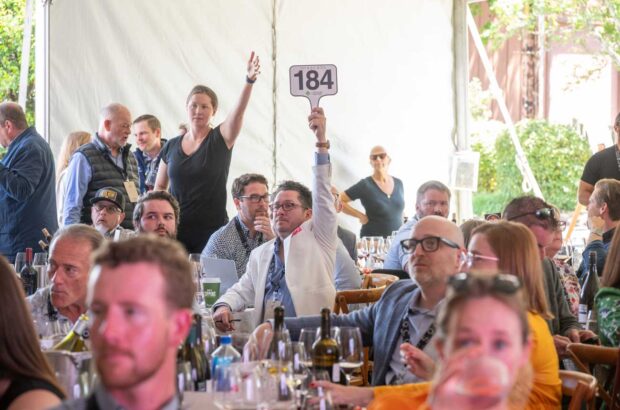Eighty-one percent of adults surveyed drank wine in the past year, compared to 79% for both beer and spirits, according to a YouGov poll of 2,000 UK drinkers.
And 28% of those surveyed chose wine as their favourite alcoholic drink, versus 23% for beer and 20% for spirits, said UK Wine Drinkers, which commissioned the survey.
Yet wine faces disproportionately harsh duty tax in comparison to other alcohol, said the group, which cites wine critics, trade publications, the Wine & Spirit Trade Association and leading companies, including the Bibendum PLB merchant and Penfolds owner Treasury Wine Estates, among its supporters.
Launching a campaign to persuade UK chancellor Sajid Javid to cut duty tax at the next Budget, it said tax on wine has risen by almost 40% in the UK in the last 10 years.
Moves in recent government Budgets to freeze or cut tax on beer and spirits, yet allow wine duty to rise with inflation, have further incensed the wine trade.
By virtue of its reliance on imports, the sector has also faced extra costs related to Brexit scenario planning and a weaker sterling currency versus the euro.
As some in the industry have long suspected, public awareness of wine tax appears to be low.
Only 5% of adults surveyed by YouGov knew that tax makes up 61% of the price of a £5 bottle of wine, said the UK Wine Drinkers Group.
It dubbed 12 August ‘wine tax freedom day’, because this date falls 61% of the way through the year.
‘Duty on wine has risen over twice as fast as beer over the past 10 years,’ said Helena Nicklin, of new Amazon Prime series The Three Drinkers.
‘After a decade of unfair increases, it is time to cut [wine drinkers] a break and cut back wine tax,’ she said, speaking on behalf of the UK Wine Drinkers group.
European Commission data shows that UK excise tax revenue on still wines rose from £2.6bn in 2008 to £4.3bn in 2017. By comparison, tax revenues on beer rose from £3.15bn to £3.45bn.
The UK is known to impose particularly high duty tax on alcohol compared to many other European Union member states.
A series of increases began in 2008, with the then-Labour government’s ‘duty escalator’, amid accusations that alcohol was being sold too cheaply.
However, industry groups have long argued that duty rises wrongly affect moderate drinkers, rather than targeting those at-risk of alcohol abuse.







